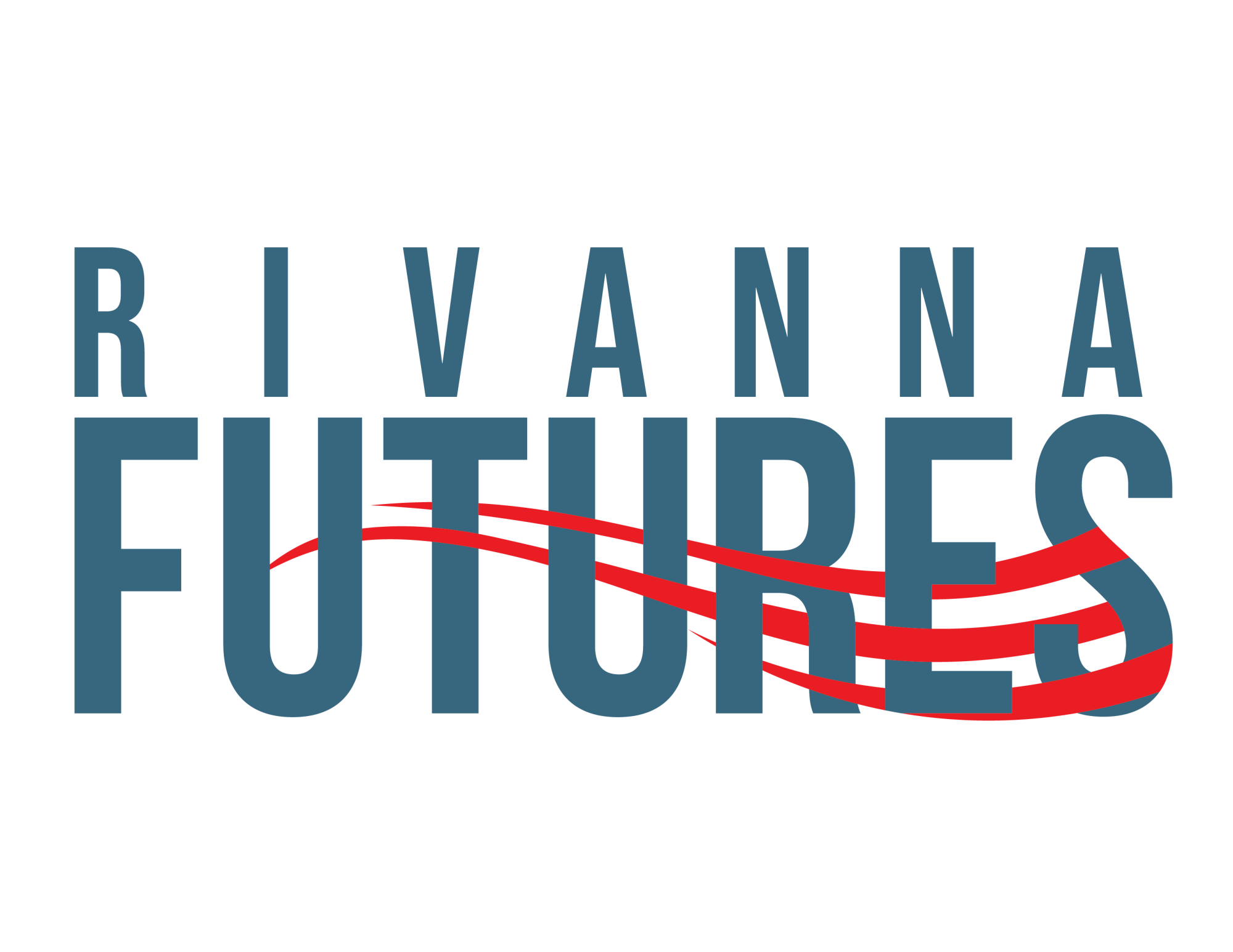The City of Charlottesville could be pulling in more revenue from tenants who may be leasing city property at rates well below the market rate. That’s one of the takeaways from a report given to Council at their meeting on May 16.
As the City of Charlottesville government seeks to rebuild after a recent era of frequent leadership transitions, the current management is looking at aspects of the city administration that have gone unnoticed or unchecked.
Until now, there has not been one central source in city government that controls all of the various leases the city has for its properties as well as service agreements. That makes it hard to track who is responsible or where the public can get information.
“So what we’re trying to do at this moment is compile that but one of the first things we had to do was identify an individual who would have that as their job,” said Sam Sanders, the Deputy City Manager for operations.
That person will be Brenda Kelley, who has been the redevelopment manager for the city for the past several years. Her position has been elevated to the Office of Community Solutions, and she’ll be presenting a full report to Council this summer. In the meantime, she prepared a briefing for Council for their May 16 meeting which began with a basic definition of what she’ll cover.
“Leases or agreement-type leases where either the city is a party,” Kelley said. “This is where the city owns the property or the city is a tenant of a property owned by someone else.”

The city has about 155,000 square feet of building spaces that bring in about $580,000 a year in revenue for the city. That doesn’t include about 50 acres under ground lease. The oldest lease dates back to 1922 and allows the city’s utilities office to use space at a pump station at the University of Virginia. One of the biggest amounts of space the city leases is at the Water Street Parking Garage.
“The city doesn’t own the Water Street Parking Garage but we lease parking spaces,” Kelley said.
The city does own the Market Street Parking Garage, as well as the buildings on East Market Street that are currently occupied by the Lucky 7 and a Guadalajara restaurant. The City Council of January 2017 paid $2.85 million for an eventual parking garage at the location, but the City Council of March 2021 opted to go in a different direction. For now, the city gets rent from those businesses.
“The Lucky 7 and the Guadalajara and all of the Market Street Parking Garage retail spaces, those rent funds go into the Parking Enterprise Fund,” Kelley said.

Revenues from the Charlottesville Pavilion and the building where S&P Global operates go into the Charlottesville Economic Development Authority fund.
Kelley said further research needs to be done into intergovernmental leases with the courts, libraries, and other entities. She said that systems need to be in place to track the leases and make sure that any rent increases due to the city are at least known about for Council’s consideration.
Councilor Sena Magill said she appreciated being able to see a more complete picture of the city’s property portfolio, and the potential to get more out of its investment.
“When we look at a lot of these rents on a lot of these buildings, they are at about half of market rate,” Magill said.
Magill said if the city is charging below market, it should be as a way of helping small businesses who are just getting started. She wanted to see a presentation from the Charlottesville Economic Development Authority on the leases they currently manage.
Mayor Lloyd Snook said he wanted any lessees to know that the preliminary report is not intended to raise rates, but just to provide information.
“Until this report and this information is gathered, we on Council had no idea who we were subsidizing and we have no idea why we’re subsidizing them in some cases and we may want to make some conscious decisions to continue to subsidize in the form of the rent or we may not but at least we will be doing so from the basis of actual knowledge,” Snook said.
More to come as the summer heats up.
Before you go: The time to write and research of this article is covered by paid subscribers to Charlottesville Community Engagement. In fact, this particular installment comes from the May 20, 2022 edition of the program. To ensure this research can be sustained, please consider becoming a paid subscriber or contributing monthly through Patreon.














5 thoughts on “City seeking to know more about what property it rents ”